Humans
Sign up for our newsletter
We summarize the week's scientific breakthroughs every Thursday.
-
 Tech
TechReaders respond to classroom robots, soil erosion and more
Readers had comments and questions about robots in classrooms, benzodiazepines and more.
-
 Science & Society
Science & SocietyThe CBD boom is way ahead of the science
As CBD-laced foods and health products gain popularity, researchers are just beginning to fill the gaping holes in knowledge about this cannabis molecule’s benefits.
-
 Health & Medicine
Health & MedicineEpileptic seizures may scramble memories during sleep
Overnight seizures seemed to muddle memories in people with epilepsy.
-
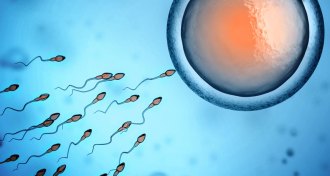 Health & Medicine
Health & MedicineSperm with damaged DNA may cause some repeat miscarriages
An analysis of semen from men whose partners have experienced multiple miscarriages revealed abnormalities, a small study finds.
-
 Health & Medicine
Health & MedicineA single sweaty workout may boost some people’s memory
Memory improvements after a short bout of exercise mirrored those seen after months of training.
-
 Health & Medicine
Health & MedicineEdibles are tied to more severe health issues than smoking marijuana
Most marijuana-linked cases at a Denver hospital involved weed smokers. But people who ate the drug were more likely to have heart or psych issues.
By Jeremy Rehm -
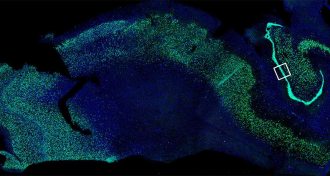 Health & Medicine
Health & MedicineSigns of new nerve cells spotted in adult brains
A study finds new evidence that adult brains grow new nerve cells, even the brain of an octogenarian.
-
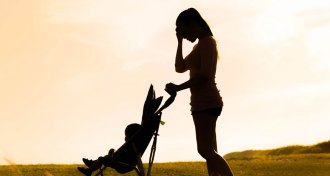 Neuroscience
NeuroscienceWomen have a new weapon against postpartum depression, but it’s costly
The newly approved drug brexanolone simulates a natural hormone to alleviate symptoms of postpartum depression.
By Jeremy Rehm -
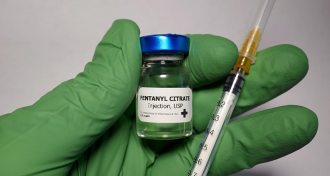 Health & Medicine
Health & MedicineU.S. fentanyl deaths are rising fastest among African-Americans
New statistics on fentanyl-related overdoses show troubling increases in deaths among African-Americans, Hispanics and men.
-
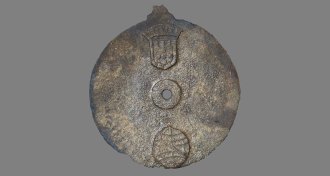 Archaeology
ArchaeologyThe oldest known astrolabe was used on one of Vasco da Gama’s ships
A navigational device for taking altitudes at sea was found in a Portuguese shipwreck in the Arabian Sea and dates back to 1496.
By Bruce Bower -
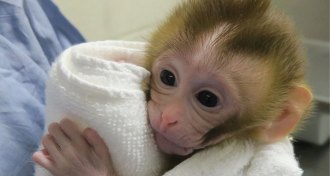 Health & Medicine
Health & MedicineSaving monkey testicle tissue before puberty hints at a new way to preserve fertility
Frozen testicle tissue samples from prepubescent monkeys transplanted back onto those monkeys once they matured produced sperm.
-
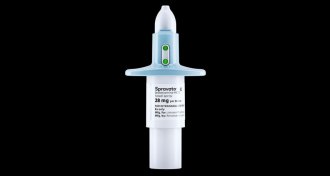 Health & Medicine
Health & MedicineA new ketamine-based antidepressant raises hope — and questions
Little is known about the long-term effects on people of a newly approved antidepressant based on the anesthetic ketamine.